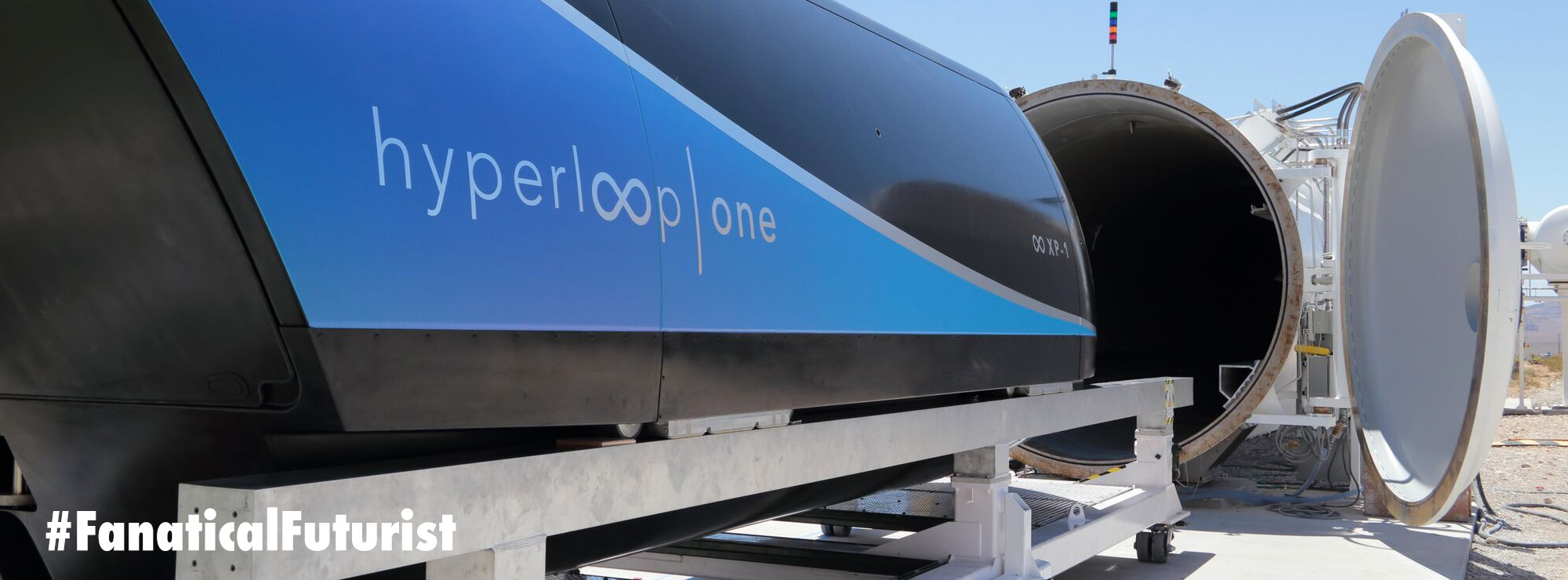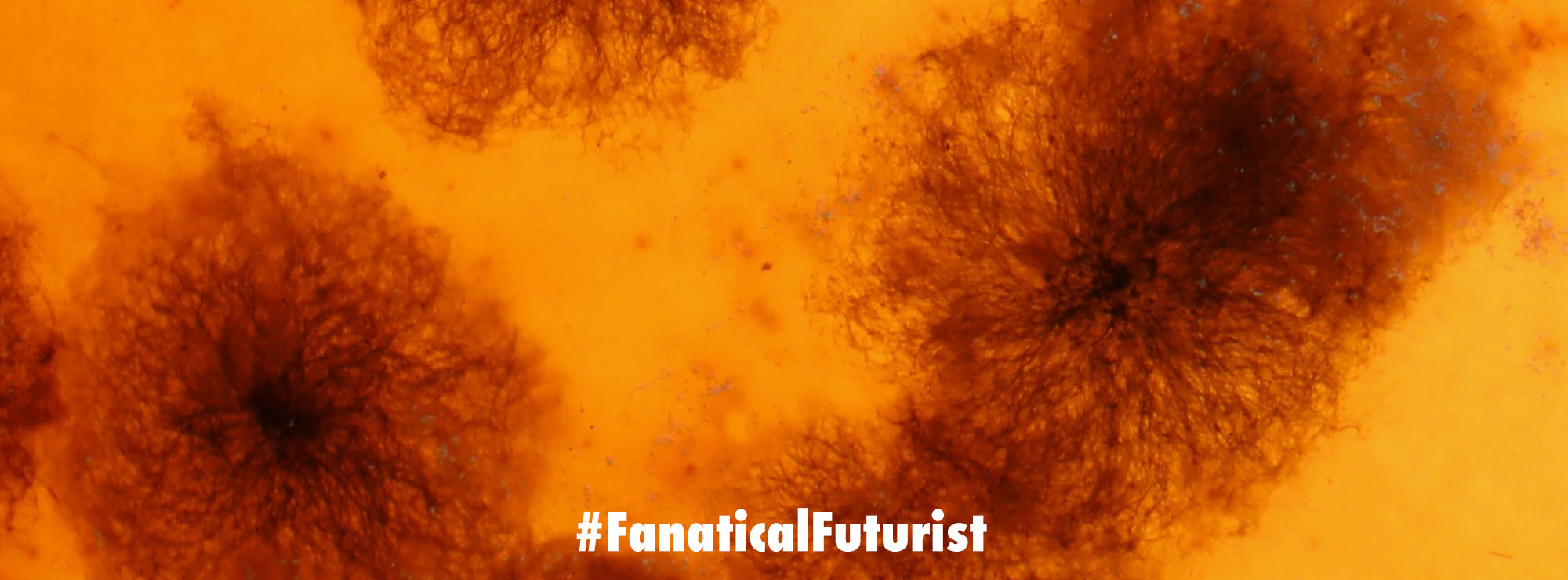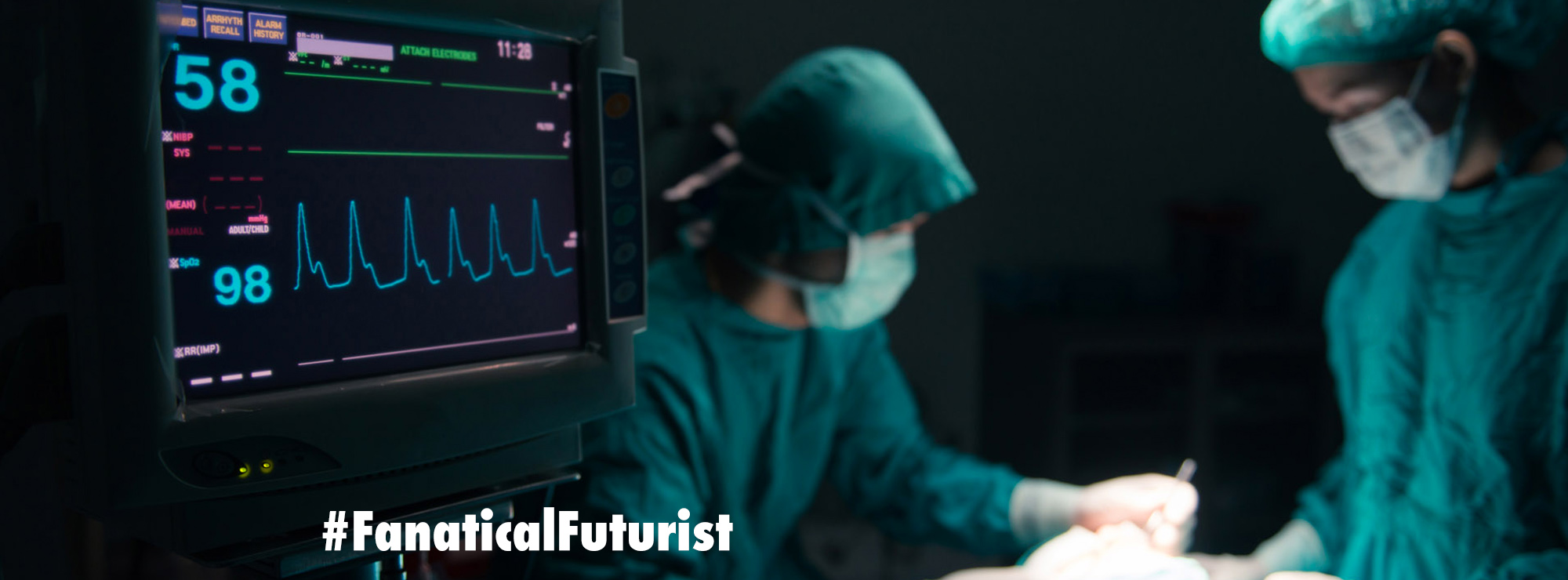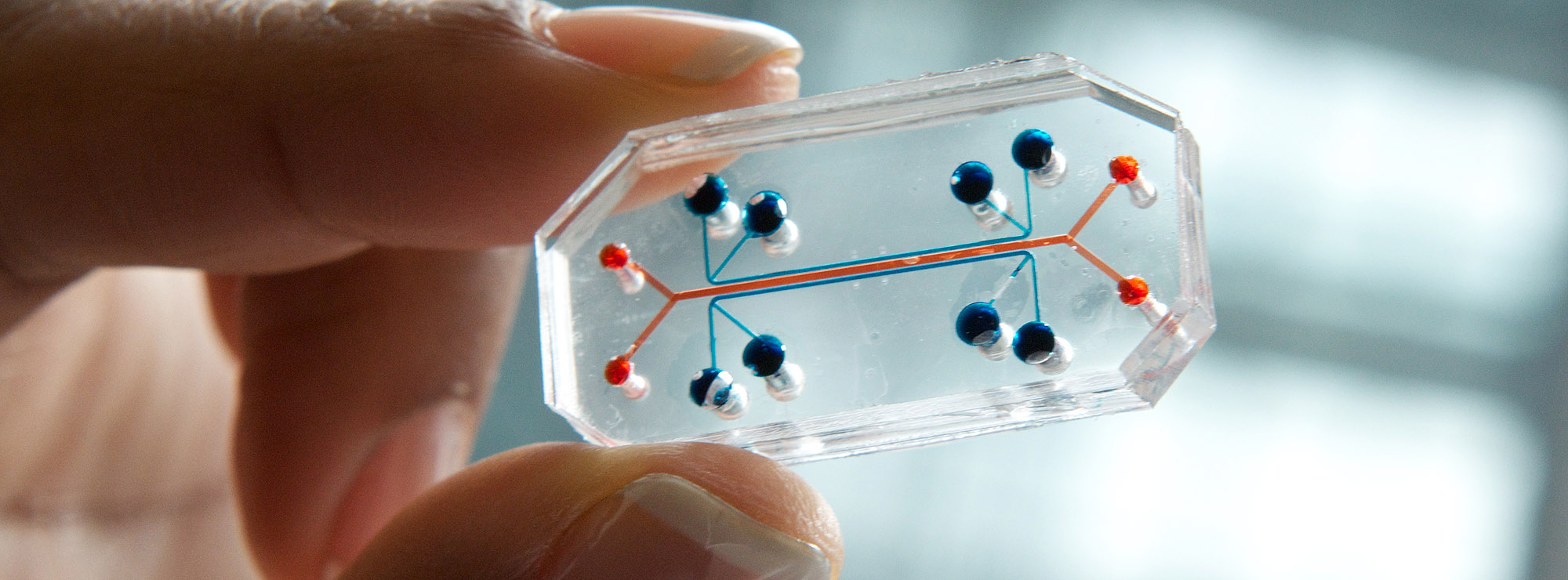WHY THIS MATTERS IN BRIEF
Our oceans are suffering because of over fishing and climate change, so we need new ways to secure our food chains.
 Love the Exponential Future? Join our XPotential Community, future proof yourself with courses from XPotential University, read about exponential tech and trends, connect, watch a keynote, or browse my blog.
Love the Exponential Future? Join our XPotential Community, future proof yourself with courses from XPotential University, read about exponential tech and trends, connect, watch a keynote, or browse my blog.
The world needs cheap protein – and more chickens and cows aren’t the answer because of their environmental footprint. So over the years I’ve been watching the rise of Cellular Agriculture where you take a cell from an animal, any animal – even humans, replicate it in a bioreactor infinitely, to create everything from bacon and pork bellies, to burgers, chicken nuggets, steaks, fillets of fish, and even tiger and zebra burgers.
Years ago Singapore regulators approved these Clean Meats – so called because we can make meat without the animal now – for sale in restaurants, and the UK government approved them for sale in pet foods. And now, years on from approving the first clean meats in the USA, the FDA has issued its first ever approval on a safety consultation for lab-grown fish.
This makes Wildtype only the fourth company to get approval from the regulator to sell cell-cultivated animal products, and its cultivated salmon is now available to order from one Portland restaurant.
The Future of Food, by Food Futurist Matthew Griffin
Wildtype announced last week that the FDA had sent a letter declaring it had “no questions” about whether the cultivated salmon is “as safe as comparable foods,” the customary final step in the FDA’s approval process for lab-grown animal products. The FDA has sole responsibility for regulating most lab-grown seafood, whereas the task is shared with the United States Department of Agriculture (USDA) for cultivated meat.
The FDA’s pre-market safety consultation is voluntary, but is “helpful for marketability,” said IP lawyer Dr. Emily Nytko-Lutz, who specializes in biotechnology patents. “There are other pathways involving self-affirmation of safety as well as a longer food additive review process, but the FDA’s authorisation with a ‘No Questions’ letter is a middle ground.”
Wildtype salmon is now on the menu at Haitian restaurant Kann in Portland, Oregon, and the company has opened a waitlist for the next five restaurants to stock the fish. It joins Upside Foods and Good Meat, two companies with permission to sell cultivated chicken in the US, while Mission Barns has been cleared by the FDA but is awaiting USDA approval for its cultivated pork fat. At a state level, the situation is more complicated, with eight states issuing bans on lab-grown meat as the technology becomes a conservative talking point.















